7 Vastu Tips For Business to Maximize Profits
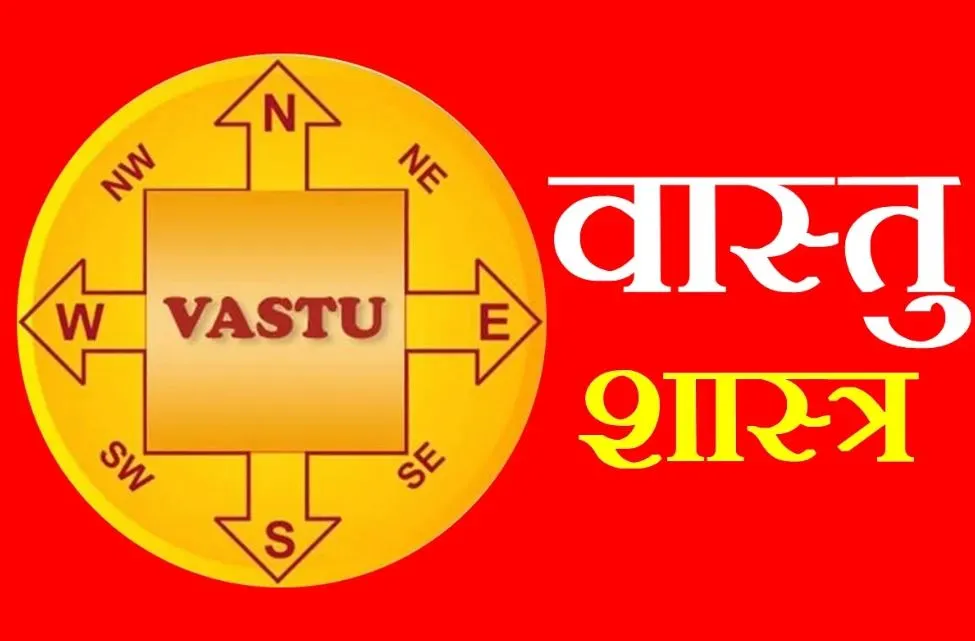
In this article, Vastu Tips for Business not only brings financial advantage to your commercial space but also improves the energy flow in the office.
Effective Vastu Tips For New Home 2024

People need harmony and peace, which they can achieve by following the Vastu. It is important to follow Vastu Tips for New Home as well as for old houses.
Hiding Money at Different place and Its Astrological Impact
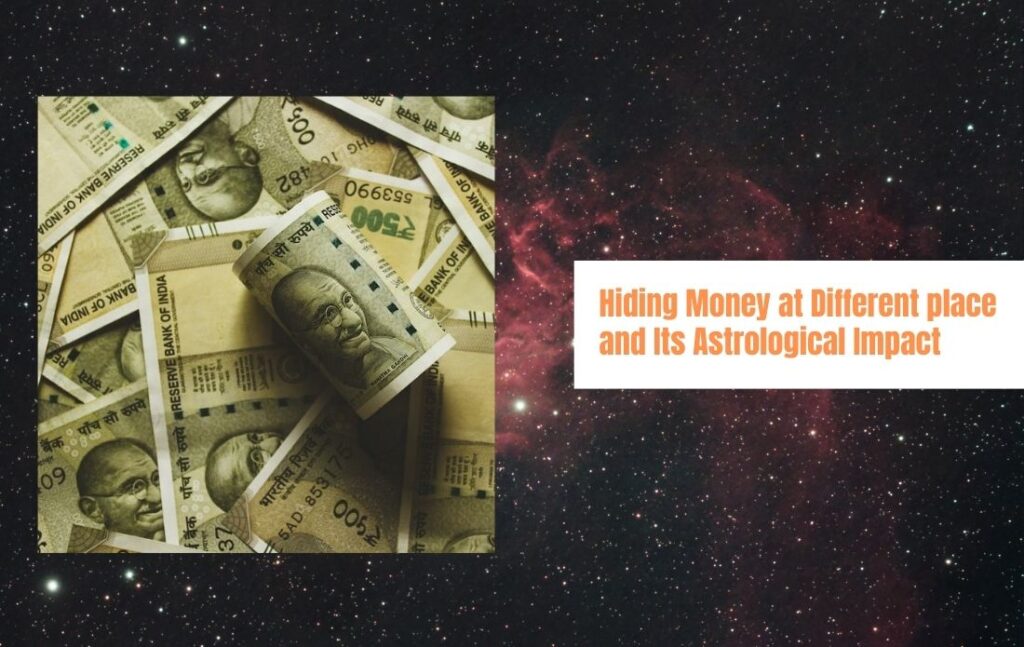
Hiding Money at Different place and Its Astrological Impact :Explore the astrological implications of hiding money in various places at home
Southeast Corner Vaastu dosha and its Remedies
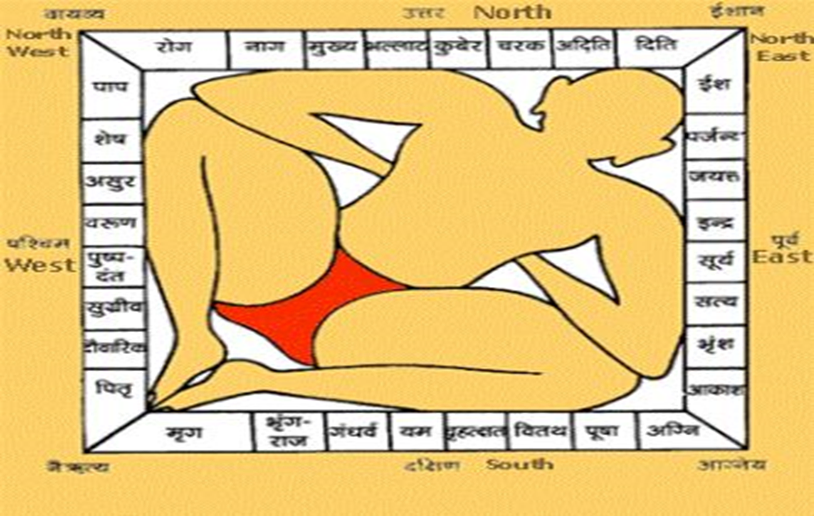
Southeast Corner Vaastu dosha and its Remedies
Southeast corner in Vaastu Dosh is best known as AgniKon (अग्निकोण) Deity of the same is Agni Dev and Planet Associated is Shukra and Tattva is Agni.
Vaastu Effect of Painting opposite to Main door

Opposite to entry gate the place is 7th house of our chart, which has a direct relation with spouse, relationship, and Partnership. This also defines how we will interact with outer world.
Vaastu Remedies for Northwest Corner Vaastu Defects
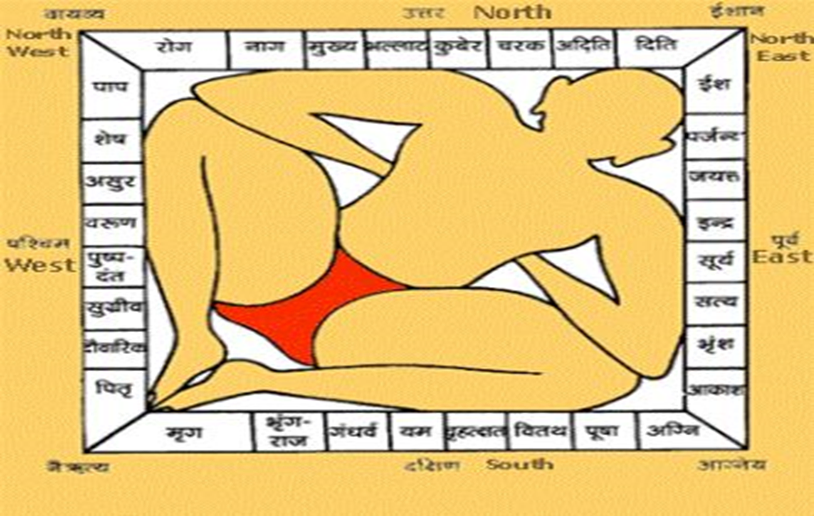
Northwest corner or Vayu Corner is governed by the Planet Moon and the element for it is Vayu Or Air. In Kundali Partial 5th house and 6th house is to be seen as northwest corner.
Vaastu Importance of East Direction and its remedies
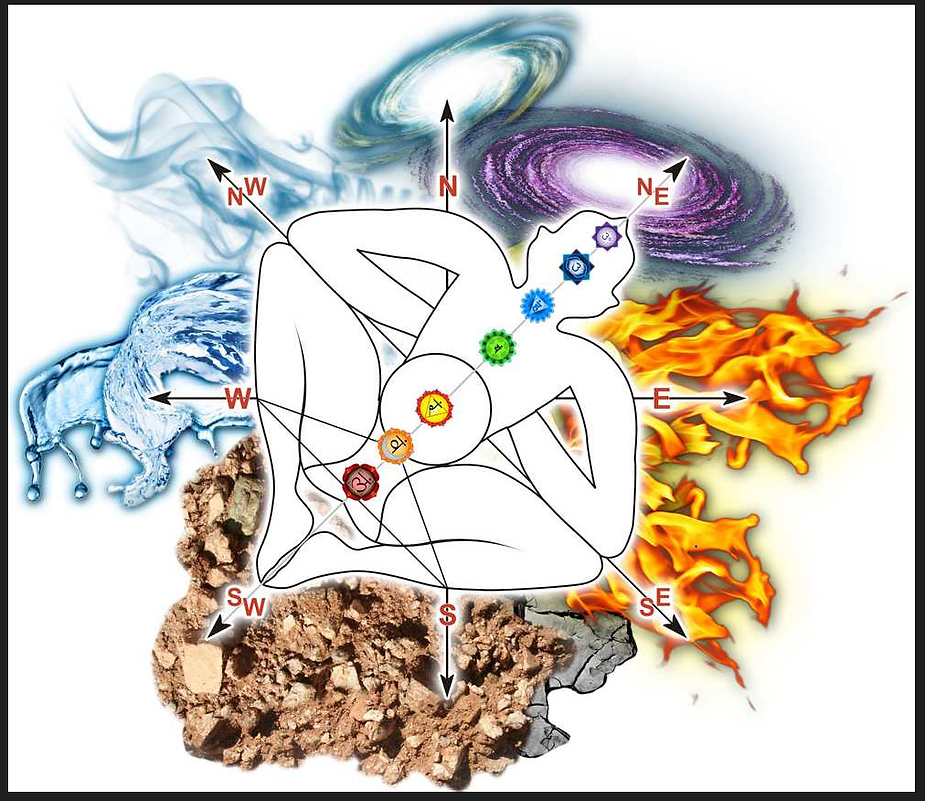
In Vaastu Shastra, the East direction holds profound significance as it is associated with Indra, the king of all devas, and Surya, the king of all planets.
Vaastu Tips For Wrist Watch and Wallet
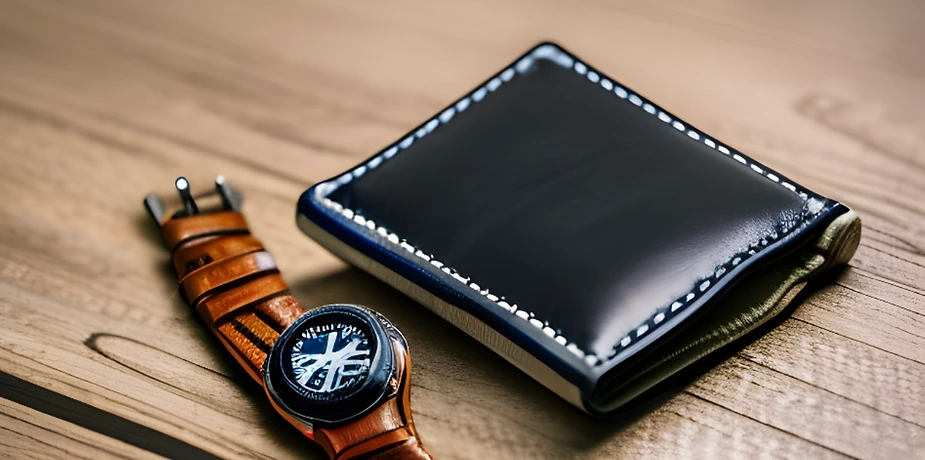
Vaastu Tips For Wrist Watch and Wallet with Vastu Consultant in Gujarat In Vasstu Tips it is advisable not to keep your wristwatch along with your wallet containing money in a drawer. This is because the watch represents the Sun, while money represents Venus, and these two celestial bodies are believed to have an unfavorable […]
Vaastu Tip for Placing Keys: Understanding the Energetic Implications

In Vaastu Shastra, the placement of everyday items can significantly influence the energy flow within a home or workplace. One such item is the keys we use daily.
Vaastu Tips for Washroom
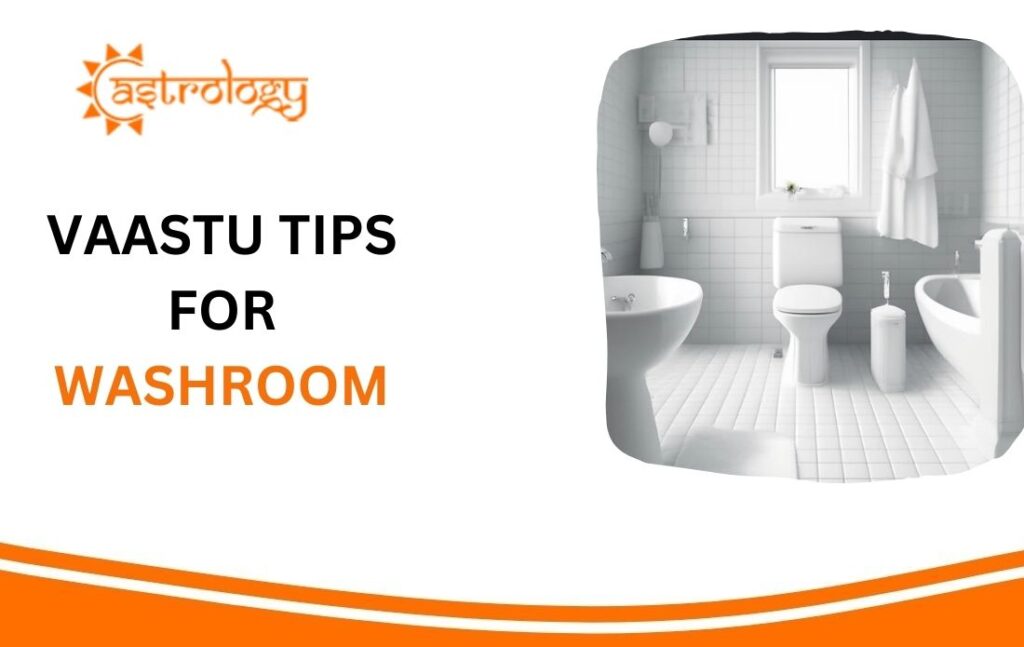
According to Astro Vaastu principles (Vaastu Tips for Washroom), it is advisable to ensure that your washroom is dry after bathing. If it remains wet, it may combine the energy of Saturn
